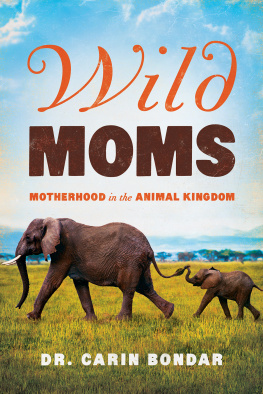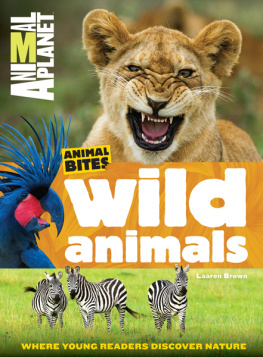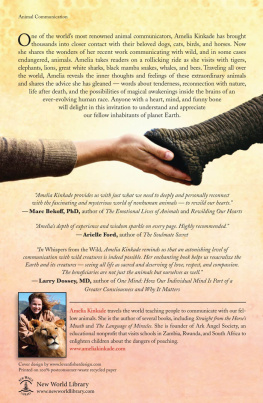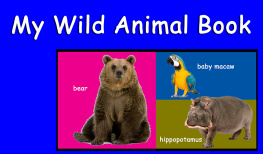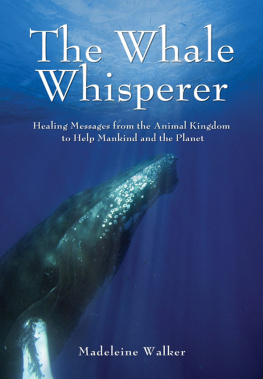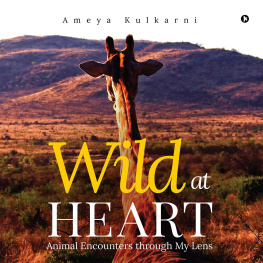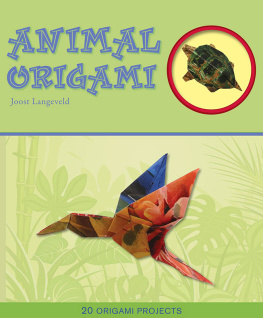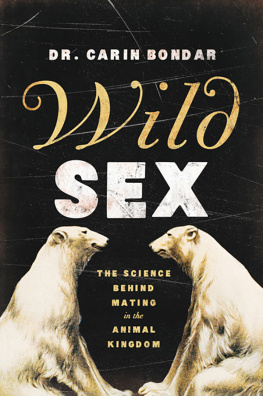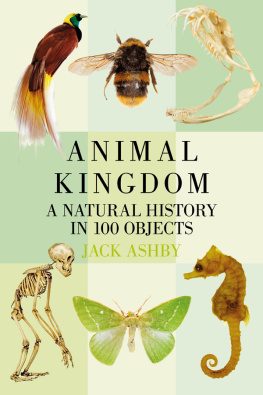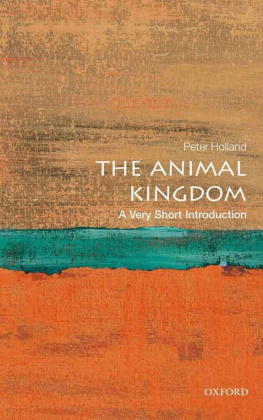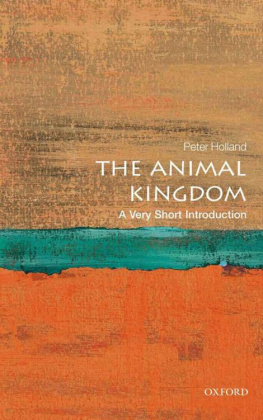
ALSO BY DR. CARIN BONDAR
Wild Sex

WILD MOMS
Pegasus Books Ltd.
148 W. 37th Street, 13th Floor
New York, NY 10018
Copyright 2018 Dr. Carin Bondar
First Pegasus Books edition April 2018
Interior design by Maria Fernandez
All rights reserved. No part of this book may be reproduced in whole or in part without written permission from the publisher, except by reviewers who may quote brief excerpts in connection with a review in a newspaper, magazine, or electronic publication; nor may any part of this book be reproduced, stored in a retrieval system, or transmitted in any form or by any means electronic, mechanical, photocopying, recording, or other, without written permission from the publisher.
Library of Congress Cataloging-in-Publication Data is available.
ISBN: 978-1-68177-665-1
ISBN: 978-1-68177-721-4 (e-book)
Distributed by W. W. Norton & Company
I dedicate this book to my amazing, supportive, and wonderful mom, Joanne
... and to those silly people who call me mom: Shaeden, Loanna, Faro, and Juna
I t could be argued that motherhood is the most important job that evolution ever made. And yet what it means to be a mom is something that is both impossible to tangibly state and totally obvious to anyone who has done it. We can learn some lessons about our own species by looking at our animal counterparts, and thats why, as an evolutionary biologist and a mother of four myself (with children who are 12, 10, 8, and 6), Ive spent a great deal of time studying motherhood in the animal kingdom. The result is Wild Moms . Its been an extraordinary journey, and the thing that continually surprised me throughout my research has been that, for all the differences between distantly related animals, what is most fascinating is how much we all have in common.
One of the most compelling things I considered as I researched this book is how human mothers vary in our practices as natural animals. After all, our bodies evolved to survive and reproduce, and the former certainly doesnt mean much without the latter. In my own way, I somehow just knew when I was ready for motherhood. It happened fairly fastand interestingly, prior to that point, I really wasnt sure when or if I would even have children. Its almost like a switch went off inside my body and brain, and suddenly I could not get pregnant fast enough. I was obsessed with babies, getting pregnant, and learning what I could do to facilitate that process. The strange way in which my body decided I was ready for motherhood always left me wondering whether any other animal moms out there feel the same way. Although as observational scientists we arent yet in a position to simply ask animals about their feelings and emotions about various aspects of their lives, recent research on the emotional and cognitive capabilities of animals allows us to conclude that there is most definitely a level of awareness and sensitivity in many members of the animal kingdom. Animals form relationships, they empathize, they love. What could possibly be more significant for any female (mammal, fish, or bird) than to undertake the process of motherhood?
Now that my kids are a little older, Im able to reflect more on my experience and what it means in the context in the rest of the animal kingdom. Lets face it: for those first few years, any human mother is running off her feet just trying to ensure that her infants survive. There are countless feedings, changes, fussiness, and tremendous exhaustion. Its so difficult, and yet supposedly so natural. Well, it turns out that while much of our experience matches that of our animal counterparts, human mothers are guilty of complicating the process to extents that are unprecedented in the animal kingdom. We will learn in this book that while modern technologies and Western lifestyles allow for an increased level of comfort and support, there is simply no level of wealth or materialism that can replace what the body is naturally meant to do. Women can be amazing mothers without all the bells and whistles that many modern practices require. Just because chimpanzee mothers do it without bottles, strollers, formula, or diapers doesnt mean that they are any less maternal than human mothers. In fact, there are many cases in which I would consider our lavish developments to make our mothering practices less natural than those of the rest of the animal kingdomalthough thats a topic for another book.
Wild Moms sees the reader through the process of motherhood, from the unfertilized egg to becoming a grandmother. In all chapters, I highlight examples of the ways that animal moms address the same kinds of issues that human moms have. This book is of course far from exhaustive; a complete volume of motherhood could (and should) be many times longer than this. However, you can rest assured that Ive included a wealth of information that is interesting, educational, and poignant.
Overall, I hope that this book opens your eyes to the diverse and amazing world of motherhood on our planet. Ive spent so much time on this topic, yet sometimes I feel as though I have barely scratched the surface. My hope is that Wild Moms will be an exciting introduction to the simultaneous diversity and sameness of motherhood. My overall conclusion is one that Ive always carried with me when it comes to raising my own children: That there isnt just one way to be successful. If we define success as the survival of an infant to sexual maturity, then there are as many ways to be successful as there are moms out there doing it. In most animals, including primates, this is where our measurement of motherhood largely stops. In our own species, however, it seems that we have taken this issue and made it into a new kind of problemthat of infants who remain dependent long after sexual maturity takes place. I suppose thats a topic for another book, but suffice it to say, that human moms have a lot more in common with the rest of the primate order than we sometimes like to think.
Thank you for your interest, and happy reading!
CONTENTS

H uman moms, like most other mammals, gestate their babies during a phase of pregnancy. Simply put, we cook the buns in our ovens and spit them out when they are done. This is called viviparity, the biological term used to describe the act of one animal gestating a live offspring inside its own body. Vivi translates to alive and parity translates to reproduction, so pregnancy and live birth aptly translates to living reproduction. This is obviously just one way for any female to become a mom, but there are of course many other paths to motherhood that dont involve pregnancy or live birth. There is a vast diversity of different strategies out there for how females in the animal kingdom become moms.
Many aquatic invertebrate animals sexually reproduce by means of something called broadcast spawning . Most of these animals are either sessile (meaning that they are fixed to the ground in either a burrow, shell, integument, or some other kind of casing that prevents them from moving around, like tunicates or corals) or else they move very slowly (as with seastars or anemones). Since adult movement is not a major factor for these creatures and since they live in an aquatic environment which serves as a convenient medium through which to share their sexual prospects, broadcast spawning represents an evolutionarily stable and successful strategy for sexual reproduction. Billions of gametes (defined as the combination of sperm and egg) are spewed into the surrounding environment of the ocean, and happy invertebrate mothers breathe sighs of relief that their parental duties are thus complete.
Next page
